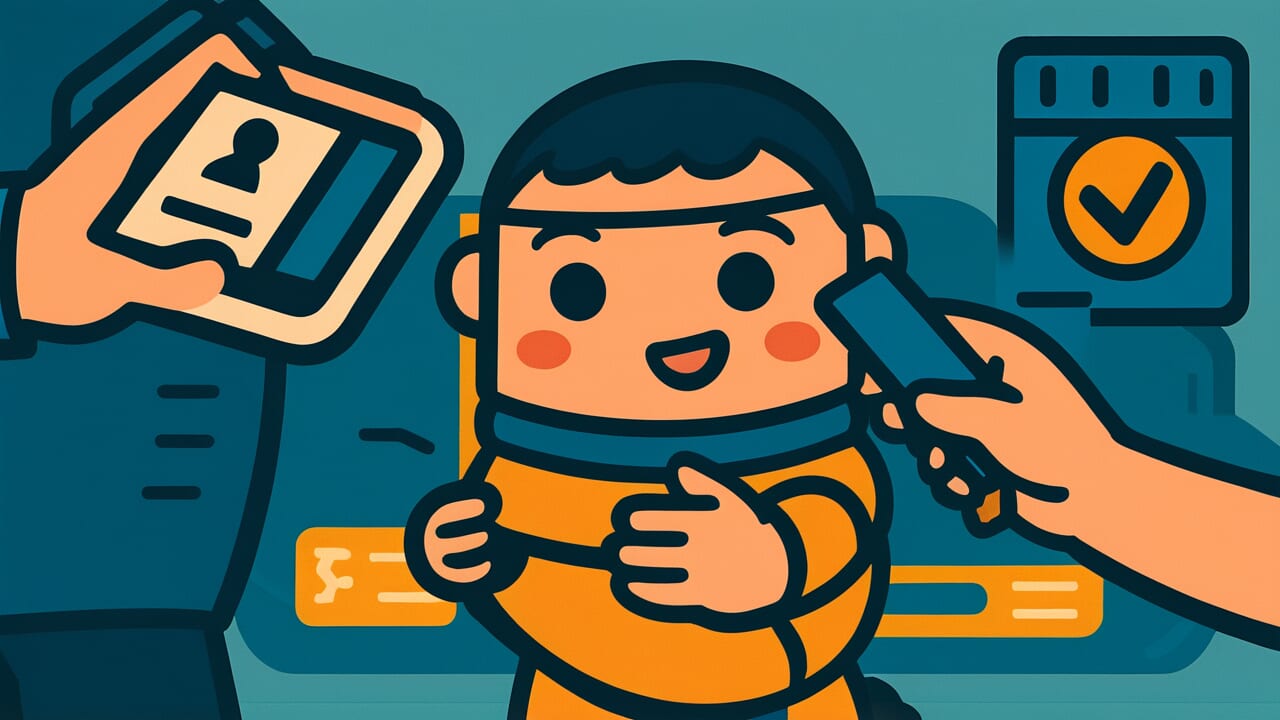How to Read “Play and pay”
[Play and pay]
[PLAY and PAY]
This proverb uses simple, everyday words that are easy to pronounce.
Meaning of “Play and pay”
Simply put, this proverb means that fun and pleasure come with a price you must pay later.
The basic meaning connects two simple ideas. “Play” represents enjoyment, fun, or doing what you want. “Pay” means facing the cost or consequences afterward. The proverb reminds us that most good times require some form of payment eventually.
We use this wisdom in many daily situations. When someone stays up late having fun, they pay with tiredness the next day. If you spend money on entertainment, you pay with less money for other needs. When students skip studying to hang out with friends, they pay with lower grades later.
What makes this saying interesting is how it captures a basic life pattern. Most people learn this lesson through experience rather than advice. The proverb doesn’t say whether playing is good or bad. It simply states that consequences follow our choices to seek pleasure or avoid responsibility.
Origin and Etymology
The exact origin of this specific phrase is unknown, though similar ideas appear throughout history.
The concept behind “play and pay” reflects ancient human understanding about consequences. Early communities needed everyone to work for survival. People who chose immediate pleasure over necessary work faced real costs. This type of wisdom helped societies function by reminding people about cause and effect.
Sayings about pleasure and consequences spread naturally through daily conversation. Parents taught children these lessons. Workers shared them during breaks. The simple rhyme made the phrase easy to remember and repeat. Over time, the exact wording settled into the form we know today.
Interesting Facts
The proverb uses rhyme to make it memorable, with “play” and “pay” sharing the same ending sound. This technique helps people remember important lessons more easily. The word “play” comes from Old English meaning “to exercise or frolic.” The word “pay” comes from Latin meaning “to pacify” or “satisfy a debt.”
Usage Examples
- Mother to teenager: “You stayed out past curfew partying, now you’re grounded for the weekend – play and pay.”
- Boss to employee: “You skipped the meeting to go golfing, so you’ll be working overtime to catch up – play and pay.”
Universal Wisdom
This proverb reveals a fundamental tension in human nature between immediate desires and long-term consequences. Our brains are wired to seek pleasure and avoid discomfort in the moment. This served our ancestors well when quick decisions meant survival. However, this same wiring can work against us in complex modern situations where delayed consequences matter more than immediate rewards.
The wisdom recognizes that humans naturally discount future costs when present pleasures seem appealing. We evolved to grab available resources and enjoy good times because they might not last. This made sense when life was unpredictable and harsh. The problem comes when this instinct leads us to ignore predictable future costs that will definitely arrive.
What makes this pattern universal is how it appears in every area of human experience. Physical pleasure often comes with physical costs. Social fun can create social obligations. Financial indulgence creates financial pressure. The proverb doesn’t judge these choices as right or wrong. Instead, it acknowledges that the human experience involves constant trade-offs between present satisfaction and future consequences. Understanding this helps people make more conscious decisions about when the payment is worth the play.
When AI Hears This
Communities secretly keep score of who enjoys themselves too much. When someone has repeated fun without facing consequences, others notice. They start expecting that person to eventually struggle or sacrifice. This invisible accounting system runs automatically in every social group. People don’t realize they’re tracking these pleasure debts in others.
Humans evolved this mental bookkeeping to maintain group fairness over time. If some members always played without paying, cooperation would break down. The expectation of eventual payment keeps social bonds strong and stable. This explains why people feel uncomfortable when others seem to escape consequences. The brain treats unpaid pleasure debts as threats to group survival.
This unconscious fairness system reveals remarkable human wisdom about long-term thinking. While it seems harsh to expect payment for enjoyment, it actually protects relationships. Groups that balance pleasure with responsibility stay together longer and thrive better. The beauty lies in how this happens without anyone consciously planning it. Humans naturally create justice through collective memory and shared expectations.
Lessons for Today
Living with this wisdom means developing better awareness of the true costs behind our choices. The challenge isn’t avoiding all pleasure or fun. Instead, it’s learning to recognize when the future payment matches the present enjoyment. Some experiences are worth their costs, while others leave us with regret.
The key insight applies to relationships and daily interactions too. When we choose immediate comfort over difficult conversations, we often pay with bigger problems later. When groups avoid addressing issues to keep things pleasant, they typically face larger conflicts eventually. Understanding these patterns helps people navigate social situations more skillfully.
This wisdom works best when we remember that payment isn’t always negative. Sometimes the cost of play is simply responsibility or effort rather than punishment. A fun evening with friends might cost some sleep, but the memories and connections could be worth it. The proverb encourages conscious choice-making rather than mindless avoidance of either play or payment. Recognizing these trade-offs helps people live more intentionally and with fewer surprises about consequences.



Comments